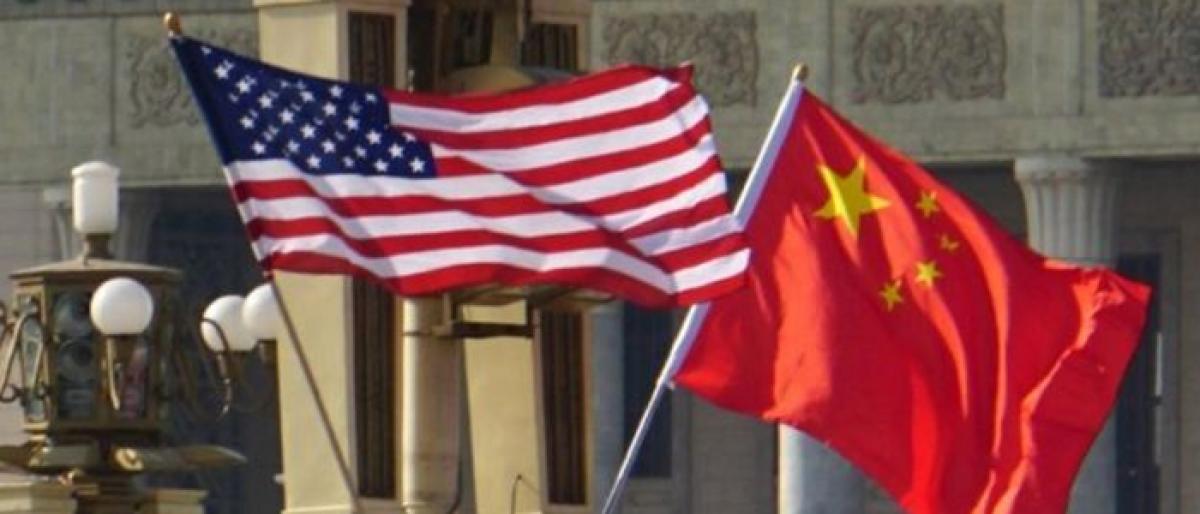US, China set off largest trade war in history

A trade war between China and the US the worlds largest economies began on Friday as the two sides started slapping additional tariffs on each others goods, worth nearly 70 billion, a development that could impede global economic recovery
Beijing: A trade war between China and the US - the world's largest economies - began on Friday as the two sides started slapping additional tariffs on each other's goods, worth nearly $70 billion, a development that could impede global economic recovery.
As planned, Washington began taxing 818 Chinese goods worth $34 billion early on Friday to punish Beijing for allegedly playing underhand in trade practices and pressuring US companies to hand over their technologies for doing business in China.
Beijing, which denies these charges, was swift in responding in kind after the first tranche of planned US levies on Chinese goods announced by President Donald Trump kicked in on Friday.
"After the US imposed its tariffs, China also took effective measures," said Chinese Foreign Ministry spokesperson Lu Kang.
Even though neither Lu nor the Chinese Commerce ministry gave details about the scales of tariffs, Beijing has plans to slap punishing levies on 545 US products worth $34 billion a year that range from soybeans and lobsters to sport utility vehicles and whiskey.
The duties slapped by the US will make Chinese cough an additional 25 per cent on products such as industrial machinery, medical devices and auto parts.
Reacting to the tariffs, the Chinese Commerce Ministry said: "The US has ignited the largest trade war in economic history. The Chinese side, having vowed not to fire the first shot, is forced to stage counter-attacks to protect the core national interests and interests of its people."
The Chinese Foreign Ministry said the US had blatantly violated the WTO rules. "It will surely impact the global trade order, trigger global market fluctuation and impede economic recovery." spokesperson Lu Kang said. "More multinational companies, SMEs and ordinary consumers will be impaired and many industries in the US have realised that it is them that will bear the consequences."
On Thursday, Trump showed no signs of backing down from his fight and suggested the possibility of tariffs on almost $500 billion more of Chinese goods. "Thirty-four, and then you have another 16 in two weeks and then, as you know, we have 200 billion in abeyance and then after the 200 billion, we have 300 billion in abeyance. OK?" Trump told reporters aboard the Air Force One.
"So we have 50 plus 200 plus almost 300." Following Friday's development, the Shanghai Composite index fell 1.1 percent, after reaching more than a two-year low this week, reports the Guardian.
Trump and his advisers argue the tariffs are necessary to pressure China into abandoning unfair practices such as stealing intellectual property and forcing American companies to hand over valuable technology, reports CNN.
In addition to the tariffs, the White House is placing restrictions on investment and on visas for Chinese nationals. The clash with China comes as the Trump administration is also fighting over trade with American allies such as Canada and the European Union.
American tariffs on steel and aluminum imports have provoked retaliatory measures against billions of dollars of American exports.




